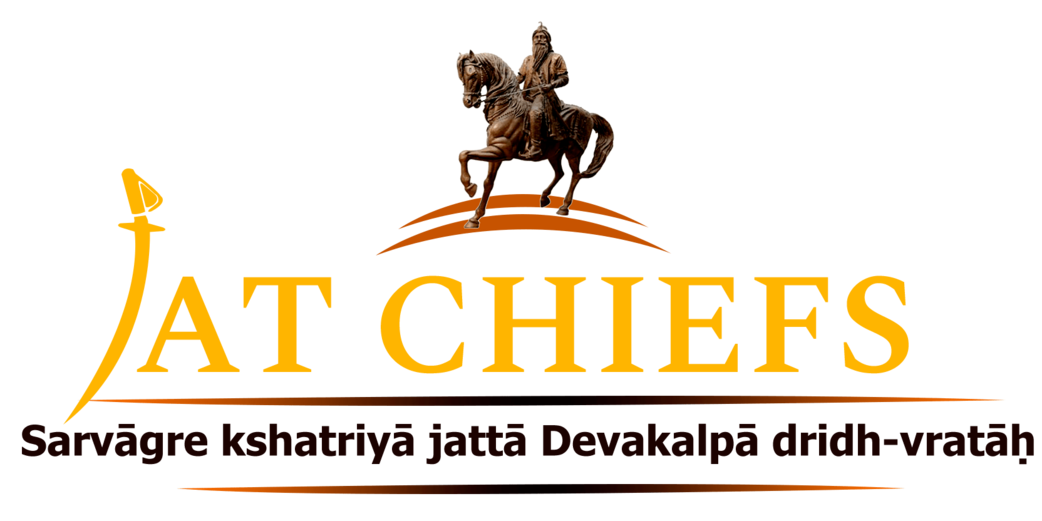Captain Sardar Bahadur Bishen Singh of Chak Sher Singh, was born into Sandhu Jat family, he was the son of Sardar Bahadur Sardar Sher Singh Of Chak Sher Singh (O.B.I), when he was young he had enlisted in the Indian Army in 1887, and served in the 4th Punjab Infantry of the Army. Of his numerous military achievements, he took part in the following engagements; the Black Mountain Expedition and Hazara Expedition of 1888, Miranzai Valley in 1891, Waziristan in 1894 and China in 1900. He became a Jamadar in 1892, and Subedar Major of the Regiment in 1903 and took part in the action of Tai-Tao Ting tribe against the Baigands, (a tribe that originated in what is now Uzbekistan) by rounding up a band of robbers in China.
In 1906, he was transferred to the 57th Rifles, which his father had previously served with distinction, later serving in the Mohmand Expedition of 1908, taking part in the military engagements of Matta and Karga on the Afghan frontier. In 1908, he received the Indian Distinguished Service Medal (IDSM) for his gallant services to the army. In the First World War, while serving under the rank of Subedar Major, he was Platoon Commander in Orleans, France. He was a soldier of great character, having a strong personality, and was much respected in the Lahore, Montgomery and Lyallpur Districts. In 1911, along with his regiment and Havaldar Lachman Singh, his orderly, he left for England to attend the Coronation ceremony of King George V, and received the Coronation Medal. On his retirement in 1915, he served as ADC to Sir Michael O’Dwyer, the Lieutenant-Governor of Punjab, from 1916 to 1918. He was a loyal officer, brave and forthright, who had inherited the qualities of his father, having accomplished a distinguished career in the army. He also inherited a large Jagir from his father, in the Montgomery District, now in Pakistan. In 1922, he endeavoured in obtaining a military commission for his grandson, Bhupinder Singh, to join the Indian Army, but was refused, as he was a minor at the time. For many years, he served as President of the District Soldiers Board, Lahore, and rendered considerable leadership to the people of his district, and was responsible for many social reforms.
During the First World War, he helped the military authorities in recruiting men from his district, to serve in the war, which was immensely appreciated by his superior officers. He réceived from the British Government, in Jagir, two squares of land in the Montgomery District, for services rendered to the Government. His eldest son Mewa Singh, who was Inspector in the Punjab Police, was killed by Muslim refugees at Padhana, during the Partition of 1947. Apparently his body was thrown in to a ditch, between the villages of Padhana and Naushera, on the Indo-Pak border.


